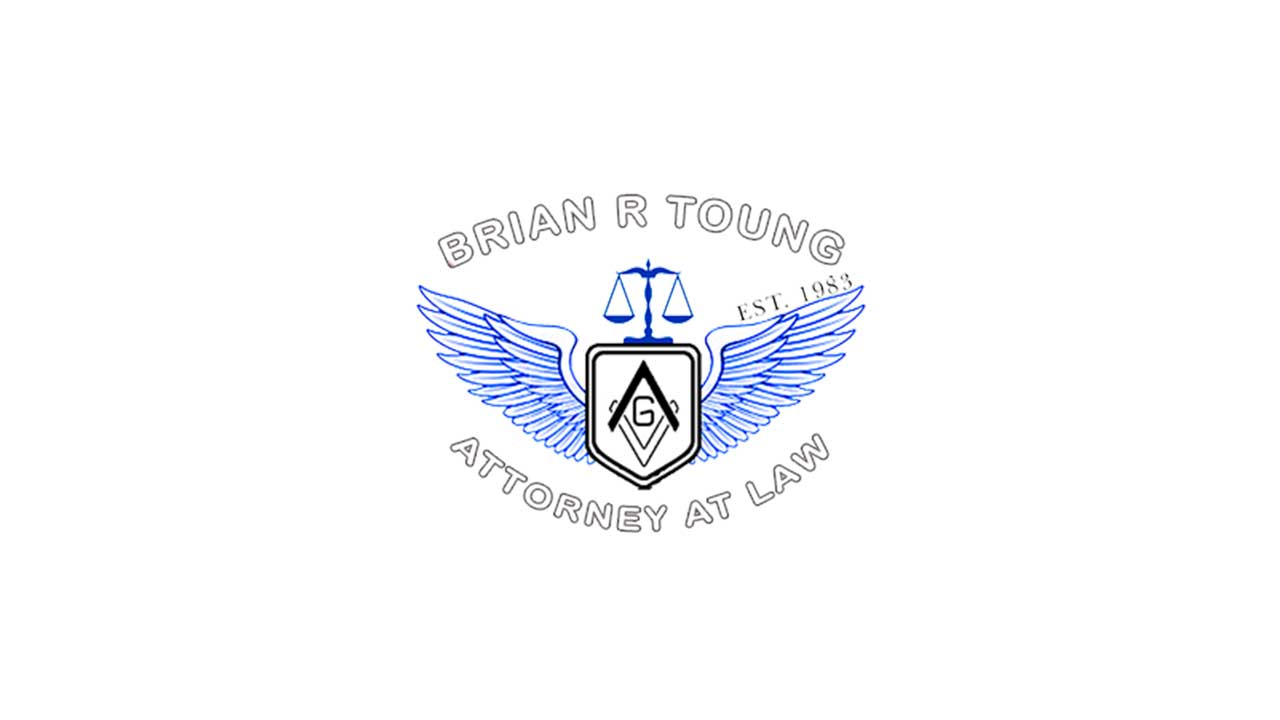After a car accident, you may believe that you are fully partially at fault. Does this mean that you should claim fault in the accident? No, in fact it is never wise to admit fault. This is not to say that you should always claim that you are innocent, but rather that it is wiser to refrain from saying anything that may incriminate you.
You only have a limited perspective on what occurred in the accident, and in some instances, you may actually carry less fault than you think you do. If you suffer injuries in the accident, or if someone else does, admitting fault could change the course of your injury claim dramatically.
Let’s say that you are driving on a busy street and you have a collision with another vehicle as you pass through an intersection. From your perspective, you may think that you caused the accident, but the other driver may also believe they are at fault as well. If you claim fault, you give them a blank check to come after you for any number of damages.
It is wise to gather as much information as you at the accident site, including taking pictures and videos of the scene, and seeking out any security camera footage from nearby businesses that may have caught the accident. You should also call the police and wait for them to arrive at the scene, if possible. Once they arrive, the police create an accident report, which often includes the officer’s interpretation of the accident and factors that contributed to it. If you admit fault and the officer’s report contradicts your version of events, you may have a hard time taking the admission back.
In order to keep yourself protected, do not discuss the accident with other individuals at the accident scene, aside from a police officer. Anything you say at the scene may come back to haunt you as your insurer or the other party’s insurer investigate and pursue their respective claims. Should you suffer injuries in an accident, admitting fault will make it very difficult to pursue fair compensation to cover your medical costs and lost income.

